CHAT
WITH US
WITH US
GET A
QUOTE
have questions? call us
+44 3330 907053
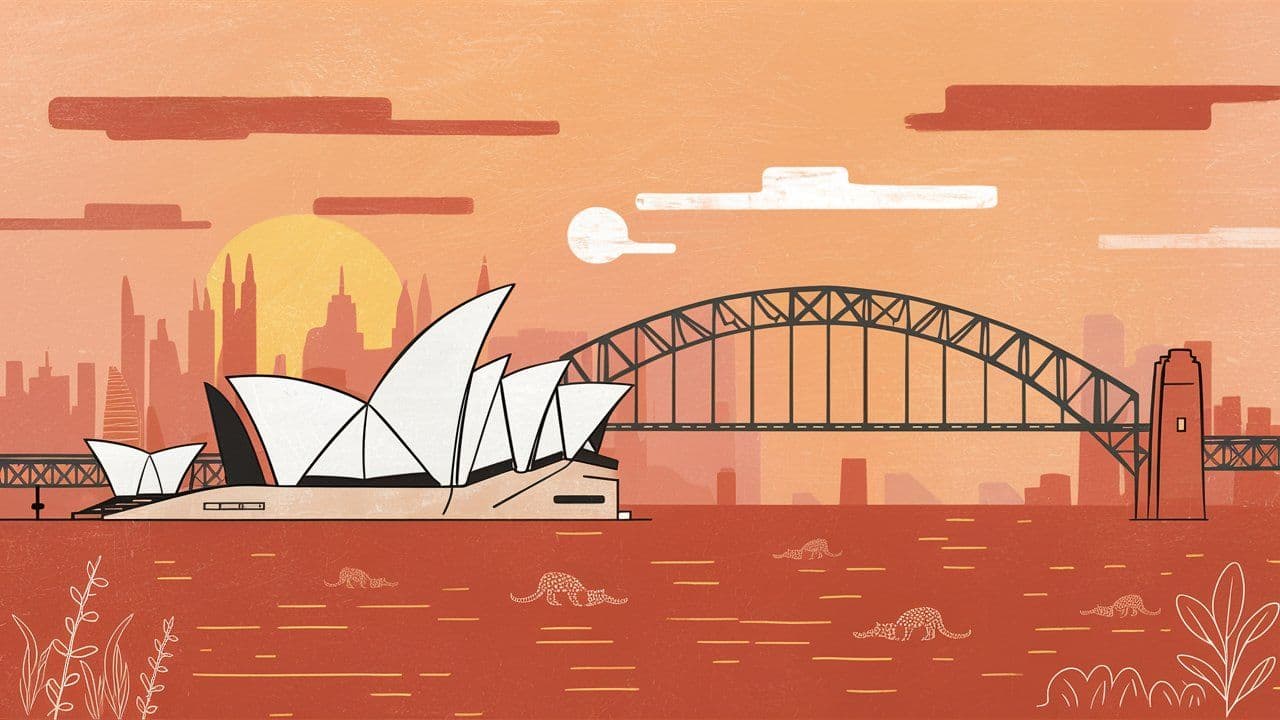
Blog • Oceania • 28 Jun 2024
Share this article
Dreaming of swapping the UK for Australia? It's tempting, isn't it? The shared language and cultural similarities make it feel familiar, and who wouldn't want to trade grey skies for sunshine? Over a million Brits have already made the leap, drawn to the friendly atmosphere and the unbeatable outdoor lifestyle.
But before you pack your bags, there are a few important things to sort out. Visas, insurance, criminal check etc, but don't worry! We're here to help, by doing your homework and planning ahead, you'll be well on your way to enjoying a successful and fulfilling new life in the Land Down Under.
Note these down as each is an essential step to ensure a smooth transition to Australia.
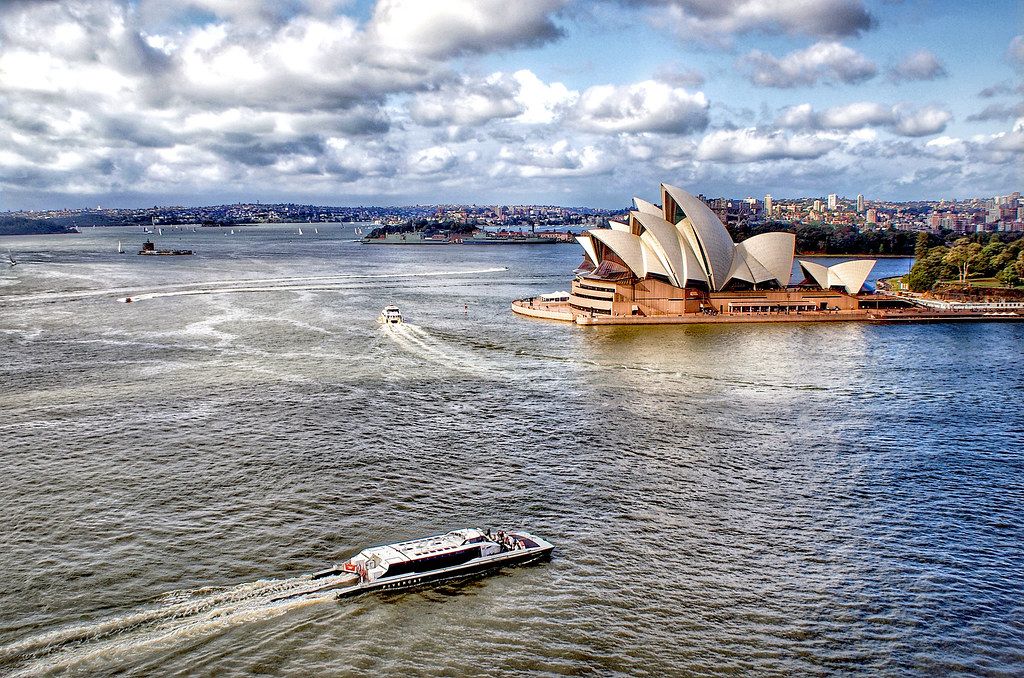
Moving to Australia from the UK needs you to know about different visa types. This way, you can get through the application process. British citizens require visas for visits or if they plan to stay. Knowing how Australia's immigration system works can make your application better.
Australia offers different visas to suit different needs. Some of the main categories are:
Getting an Australian visa involves critical steps. First, choose the right visa type based on your situation. Then, gather the documents needed for your application. This is a crucial step because the requirements are very strict.
Knowing about your visa type and meeting its conditions is key to avoiding delays or rejections.
An important part of moving to Australia from the UK is preparing the necessary documentation. Think of it as building a strong case to support your application and demonstrate your eligibility. Here's a breakdown of the key documents you'll need to gather:
Helpful Tip: The specific documents required will vary depending on the type of visa you're applying for. Refer to the official website of the Department of Home Affairs of the Australian Government for the most up-to-date and accurate information.
Australia uses a points system for visas. You need at least 65 points to be eligible. Points are given for things like your age, how well you speak English, and your work history. For instance:
| Criteria | Points |
|---|---|
| Age (25-32 years) | 30 |
| English Language Proficiency (Proficient) | 10 |
| Skilled Employment (8-10 years) | 15 |
Qualifications of your partner or dependent can also add points. Having a high score makes your visa application more likely to succeed. This is a major part of the visa application process.
Doing thorough research and preparing well helps you understand Australian visas and the points system better. This is essential if you are planning to move to Australia.
Moving to Australia means you need to think about money, especially for a place to live. Big cities in Australia, like Sydney or Melbourne, can be expensive to rent in.
A one-bedroom flat in Australia costs roughly AUD $1,807 to AUD $2,308 a month. This is more than in the UK, where it's about £610 to £740 a month. If you're a student, dorm costs range from AUD $440 to AUD $1,100. It's important to plan your budget well.
Buying food and paying for water and electricity are part of life in Australia. Food costs between AUD $500 and $1,000 a month. This is more than in the UK, where it's around £464 to £620. But, bills in Australia cost less, between AUD $270 and AUD $320, than in the UK.
Getting around in Australia isn't too pricey, about AUD $30 to AUD $70 a month. In the UK, transport prices are between £54 and £103 monthly. It shows moving to Australia needs good planning.
| Category | Australia (AUD) | United Kingdom (GBP) |
|---|---|---|
| International Tuition Fees (Bachelor's) | $20,000 to $45,000 / Year | £11,400 to £38,000 / Year |
| International Tuition Fees (Post-graduate) | $22,000 to $50,000 / Year | £9,000 to £30,000 / Year |
| Student Halls | $440 to $1,100 / Month | £400 to £600 / Month |
| Private Lets (One-bedroom) | $1,807 to $2,308 / Month | £610 to £740 / Month |
| Utilities | $270 to $320 / Month | £80 to £140 / Month |
| Groceries | $500 to $1,000 / Month | £464 to £620 / Month |
| Public Transport | $30 to $70 / Month | £54 to £103 / Month |
In Aussie cities like Sydney, Adelaide, or Melbourne, you might spend from AUD $1,300 to AUD $1,900 a month. Know about these costs before you move, so you won't be surprised.

Deciding to move from the UK to Australia is a big step. It requires planning and research. Over 1.1 million UK expats live in Australia now. It's a place with a lively community and lots of opportunities. To move smoothly, you need to plan carefully.
Start by looking into visa options and the application process. The Skilled Independent visa (subclass 189) is a good option. It costs about AUD $4,240 and you need at least 65 points. You should also know that you need about $15,000 for initial costs. This doesn't include visa expenses. It's important to understand Australia's customs, laws, and cost of living too.
Finding a job before you move can help reduce stress and offer financial stability. Australia's major cities like Sydney, Melbourne, Brisbane, and Adelaide have many job opportunities. You can use job search platforms to make your search easier. After you start working, know that all employers in Australia save for your retirement. This is part of your work benefits.
Shipping your personal items is an important step. Services like Deliver1 can help you move from the UK to Australia. This ensures your things get there safely and on time. Don't forget to tell the UK tax authorities about your move. Also, get international moving insurance to protect your items while they're in transit.
| Item | Australia | UK |
|---|---|---|
| Three-Course Meal for Two | £70 | £60 |
| Draught Beer | £6 | £4.50 |
| Loaf of Bread | £1.95 | £1.21 |
| Monthly Public Transport Pass | £89 | £67 |
| Rent (One-Bedroom City Centre) | £1,240 | £1,080 |
| Utilities (Per Month) | £174 | £253 |
Australia has a healthcare system known for its smooth operation. It's a mix of public and private care. This makes the experience different for those moving from the UK. Medicare Australia is at the heart of this, offering lots of medical services at a discount or for free. This ensures all residents get the care they need. In a survey by Ipsos, more than 81% of Aussies said their healthcare was good or very good. This shows most people are happy with it.
Medicare Australia pays for most of the costs when you visit a GP. It covers 100%. For visits to specialists, it pays for 85% of the costs. It also helps with the cost of x-rays and MRIs, paying 85% of that too. But, for things like dental care, you might need private health insurance. Medicare doesn’t usually cover this.
Getting private health insurance in Australia is important to many. About 55% have some kind of private cover. The government helps by paying up to 30% of the cost. But, if you don’t get private insurance after you turn 31, it will cost you extra. You may have to pay a surcharge. People who earn a lot also find private insurance useful. It can lower an extra tax they pay.
Australia’s healthcare ranks 32nd in the world for how well it works. But, it has its problems like high costs and fewer young people with private cover. The government is trying to make things better, for example by offering more help for mental health. The cost of medicine is kept low too. The government helps with the cost of over 5,200 different drugs. There's also a limit on how much you pay out of your own pocket each year.
| Coverage Type | What’s Covered | Additional Cost |
|---|---|---|
| Medicare (GP) | 100% of MBS Costs | None |
| Medicare (Specialist) | 85% of MBS Costs | Out-of-pocket up to 15% |
| Private Health Insurance | Extra Coverage (e.g., dental, optical) | $100 - $400 per month |
| Prescriptions | Subsidised under PBS | Up to $30 ($7.30 for concessional) |
It’s key for UK expats to learn how the Australian healthcare system works. Before moving, make sure to get good travel and health insurance. Thinking about private health insurance is also smart. With a mix of Medicare and private insurance, you can meet your healthcare needs well. This ensures you get both preventive and immediate care effectively done.
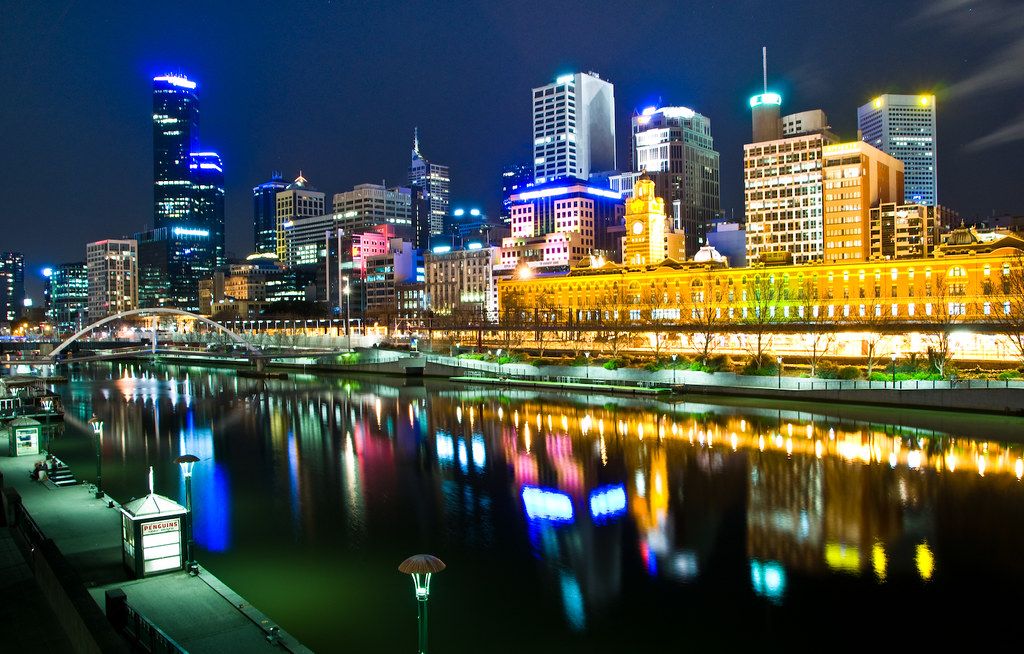
Adjusting to life in Australia means dealing with a varied property market. Knowing your options is key if you're looking to rent or buy. Your choice of city is important. It affects both how easy it is to find a place and the cost. In this section, we're going to look at popular cities for expats. We'll discuss whether you should rent or buy, and point you towards great online tools to help.
In Australia, you'll find a big range of accommodation, with each city having its own perks for expats. Places like Sydney and Melbourne are top choices. They're bustling with culture and economic opportunities, but they are very pricey. Perth, however, is more laid-back and beautiful. It’s a great option for those who want to relax while working.
Other good cities for expats in Australia are Brisbane with its nice climate and Adelaide which is more affordable and has a good quality of life. Thinking about what you need can guide you to the perfect place.
It’s common for new arrivals to rent first. This gives them the chance to try out different areas. Renting needs 100 points of ID for verification, like passports and proof of income. Because renting is so popular, you need to start looking early.
Buying property can be a smart move too. But, there are rules for non-citizens. If you can buy, it might be a good investment. This gives you a stable home and a chance for the property’s value to increase. Knowing the rules helps you make a choice that fits your situation best.
Searching online for properties is a must in Australia. Sites like Realestate.com.au and Domain.com.au are great for seeing what's available. They let you compare prices and check out photos, helping you get a feel for different areas.
Don’t forget about real estate agencies and forums. They're full of advice from other expats. These resources will guide you in finding your new home.
When you move from the UK to Australia, you'll find many job chances. Big cities have top companies such as Apple and Deloitte. This makes the job market in Australia both competitive and full of promise. It's key to learn about working in Australia and ensure your job skills are what local employers need.
There's high demand for jobs in Australia in several areas. Fields like Technology, Healthcare, Construction, and Education are doing really well. Construction jobs are especially common due to ongoing building projects.
Some Australian states help job seekers get noticed by keeping talent pools for skilled workers. This can make finding a job in Australia easier if you register with these pools.
Working in Australia might require you to update your qualifications. You may need to change or get new certificates. It's smart to check on this before you move, as some jobs need specific qualifications.
Joining talent pools can make you more visible to employers. Plus, you might get job offers directly. Also, by signing up for job alerts on sites like Indeed Australia and Seek.com.au, you can stay up to date on new job listings.
| Visa Type | Description | Duration |
|---|---|---|
| Working Holiday Visa (subclass 417) | Allows UK citizens aged 18 to 30 to live and work in Australia | Up to 12 months |
| Work and Holiday Visa (subclass 462) | Permits UK citizens aged 18 to 30 to live and work in Australia | Up to 3 years |
| Employer Nomination Scheme Visa (subclass 186) | Permanent work visa for skilled workers with employer sponsorship | Permanent |
| Temporary Skill Shortage Visa (subclass 482) | Allows skilled UK workers to work in Australia if sponsored by an employer | Up to 4 years |
| Skilled Independent Visa (subclass 189) | Allows UK citizens with in-demand skills to live and work permanently | Permanent |
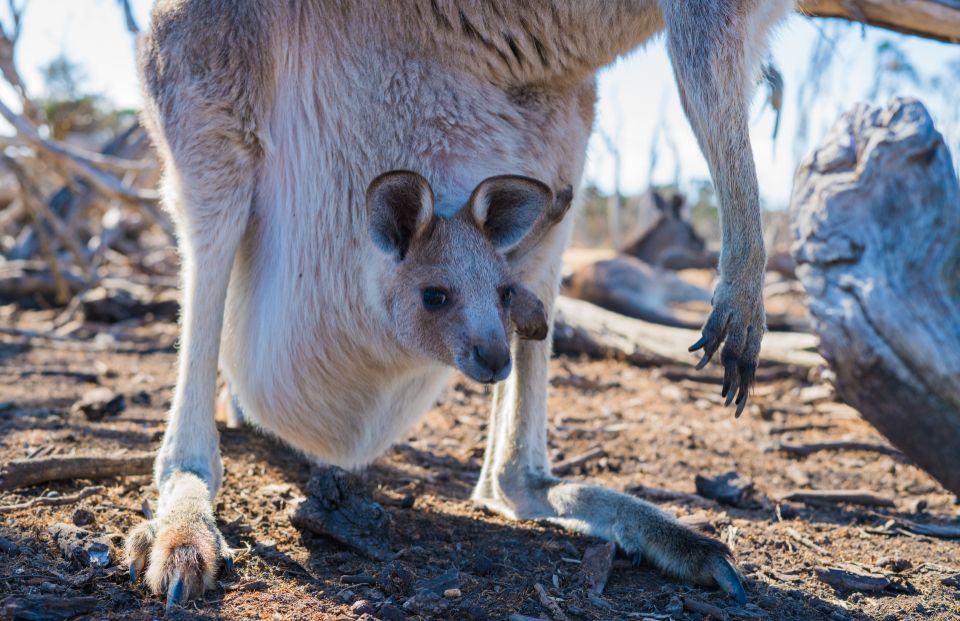
Financial readiness is key when moving to Australia. Setting up your finances well can make the move easier. With over 1.1 million Brits there, knowing how to handle money in Australia is very important.
One of your first financial tasks in Australia is getting a local bank account. You can do this with banks like Commonwealth Bank, ANZ, and Westpac even before you get there. This makes it simple to move money from the UK and manage everyday spending. Having an Australian account makes it easy to pay bills and rent. For example, in Australia, the typical cost for utilities in a flat is about £174 monthly, less than the £253 you'd pay in the UK.
Moving money abroad is a big part of life in Australia, especially at first. Wise (formerly TransferWise) is a good option because it has low costs for sending money. You might need this service for big payments like your first rent or moving savings. Rent in Australia's city centres, for a one-bedroom, is about £1,240. Also, grocery prices can be as much as 40% higher than in the UK.
There are specialists who give financial advice to UK expats in Australia. They can help with managing your money, planning for retirement, and dealing with taxes. They use special tools to make detailed money plans. Getting advice in the UK and Australia helps make sure you follow all the right financial rules. Knowing about these financial issues can help keep your money safe and stable.
| Expense | Australia | UK |
|---|---|---|
| Utilities (monthly) | £174 | £253 |
| Rent (1-bedroom city center apartment, monthly) | £1,240 | £1,080 |
| Groceries | Up to 40% higher | --- |
To handle your money well in Australia, focus on key steps. This includes opening a local bank account, choosing affordable ways to send money, and using financial tools. Doing this can help make your move to Australia successful.
Moving to Australia means getting into a new way of life. You catch on to the outdoor living and local customs. People here really love the great outdoors. From stunning beaches to lush national parks, there's a lot to enjoy.
Outdoor fun is key to the Aussie lifestyle. They value taking it easy just as much as working hard. This creates a fine balance in life.
Living costs in Australia are like those in the UK. But, some daily items might be pricier. For instance, you'd pay more for groceries here. Yet, going out for a meal is a bit more expensive in the UK. On the upside, running your home might not cost as much.
Here is how prices compare in Australia and the UK for some things:
| Expense | Australia | UK |
|---|---|---|
| Three-course meal for two | £70 | £60 |
| Loaf of bread | £1.95 | £1.21 |
| Monthly public transport pass | £89 | £67 |
| Rent for one-bedroom city centre apartment | £1,240 | £1,080 |
Aussies are big on being good friends and sticking together, known as mateship. This lays a foundation for their culture. Learn about their ways, and you'll fit right in. They take their free time and friends seriously, showing a great work-life balance.
It's a melting pot of cultures, which adds to the welcoming feel. There are many Brits living in key Aussie cities. This makes things easier for UK expats.
Don't miss out on local events like Australia Day or the Melbourne Cup. They're a big part of Aussie life and show how they like to celebrate.
The Aussie healthcare is top-notch. Both the public and private sectors work together. This means everyone can get good healthcare.
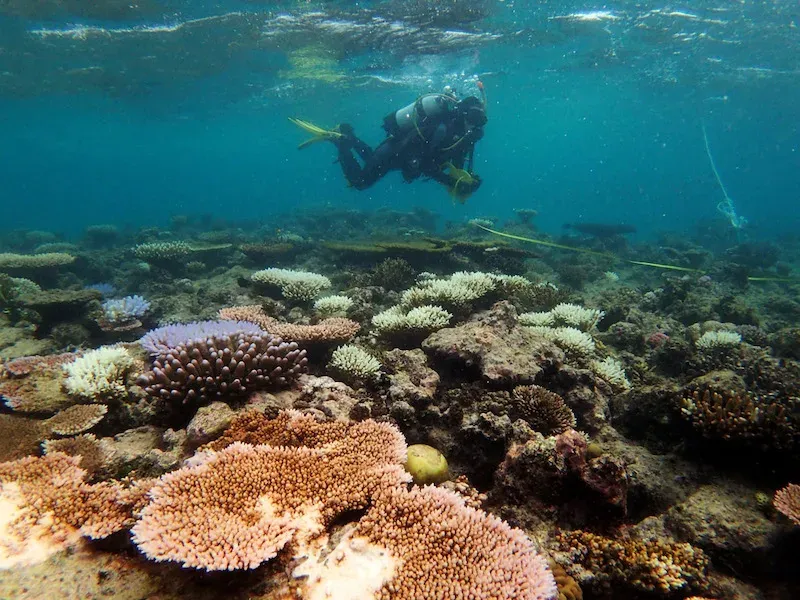
Embarking on the journey to Australia from the UK is thrilling. It's filled with vibrant opportunities. But, it's vital to plan and prepare well. Knowing the visa requirements is key since getting your visa can take a few months. With the visa ready, handling your new life becomes the focus. This includes managing your budget and sorting out healthcare needs.
Australia is a great place for UK expats. They have a higher minimum wage and accessible public healthcare. Education is strong too, with free public schools and mandatory education for kids. But, getting a job can be tough, mainly in fields like healthcare, mining, and tech. To find work, you should check different job platforms and see how your skills fit in.
Choosing the right place to live, whether renting or buying, takes some effort. You need to look into different cities and neighbourhoods. This helps you find the best match for your lifestyle and budget. Australians are often described as friendly and laid-back. Their different climates and varied cultures make settling in easier. Moving to Australia can be a great adventure. With careful planning and a desire to fit in, you can look forward to a new and fulfilling life chapter.
If you need help moving to Australia, give Deliver1 a call. We've helped thousands of people just like you simplify their move to Oz with our expert team and innovative customer portal. You can arrange everything simply online, get a quote in minutes and be on your way to a new life in sunny Australia!
A: The amount required to emigrate to Australia from the UK varies greatly depending on individual circumstances. Costs can include visa fees, relocation expenses, and initial living costs. It’s worth noting that you may need substantial savings to cover these expenses.
A: Yes, UK citizens need to apply for a visa to move to Australia. There are various types of visas available, such as skilled migration visas, family visas, and student visas. Make sure to consult the Australian Government’s Department of Home Affairs for specific requirements.
A: A checklist for moving from the UK to Australia should include tasks like securing a visa, arranging removals to Australia, setting up a bank account in Australia, transferring healthcare, and finding property in Australia. Each step is crucial to ensure a smooth transition.
A: The age limit for emigrating to Australia depends on the type of visa for which you are applying. For example, the General Skilled Migration visa typically has an age limit of 45 years. It’s important to check specific visa requirements to understand any age limitations.
A: Yes, British expats can buy property in Australia, but there are certain regulations to be aware of. Foreigners usually need approval from the Foreign Investment Review Board (FIRB) before purchasing property in Australia. It’s advisable to seek legal advice to navigate this process.
A: Finding a job in Australia as a UK citizen entails searching for opportunities on job boards, networking with industry contacts, and possibly engaging recruitment agencies. Skilled migration visas often require a job offer in a skilled occupation, so starting your job search early is key.
A: Many international moving companies offer removals to Australia, including options for shipping household goods by sea or air. It’s worth obtaining quotes from several providers to compare costs and services. Insuring your belongings during transit is also highly recommended.
A: Setting up a bank account in Australia before arriving can usually be done online through major Australian banks. You’ll need to provide identification and possibly your visa details. Once you arrive in Australia, you can visit a local branch to activate your account and receive your bank card.
A: Obtaining permanent residency in Australia typically involves securing a visa that allows for permanent stay, such as the Skilled Independent Visa (subclass 189). You’ll need to meet criteria related to age, skills, and health. Consulting the Department of Home Affairs website for a full list of requirements is crucial.
A: Emigrating to Australia with a criminal record can be challenging but not impossible. You’ll need to undergo a character assessment as part of the visa application process. The Australian Government considers the nature and severity of the offense and whether you pose a risk to the community.
We love hearing from you-so please get in touch with any questions or queries.
We love hearing from you-so please get in touch with any questions or queries.
Working hours
Mon - Sat: 08:00 - 17:00
Sun: Closed
Call
+44 3330 907053Location
Unit 3, Newyears Green Lane
Newyears Green
Uxbridge
UB9 6LX
United Kingdom
